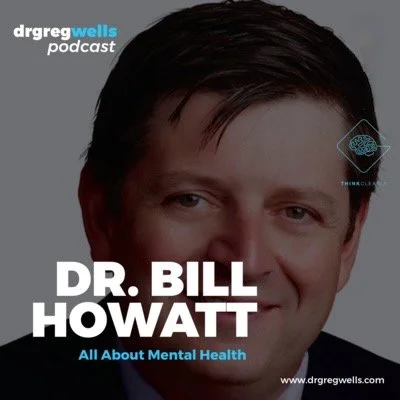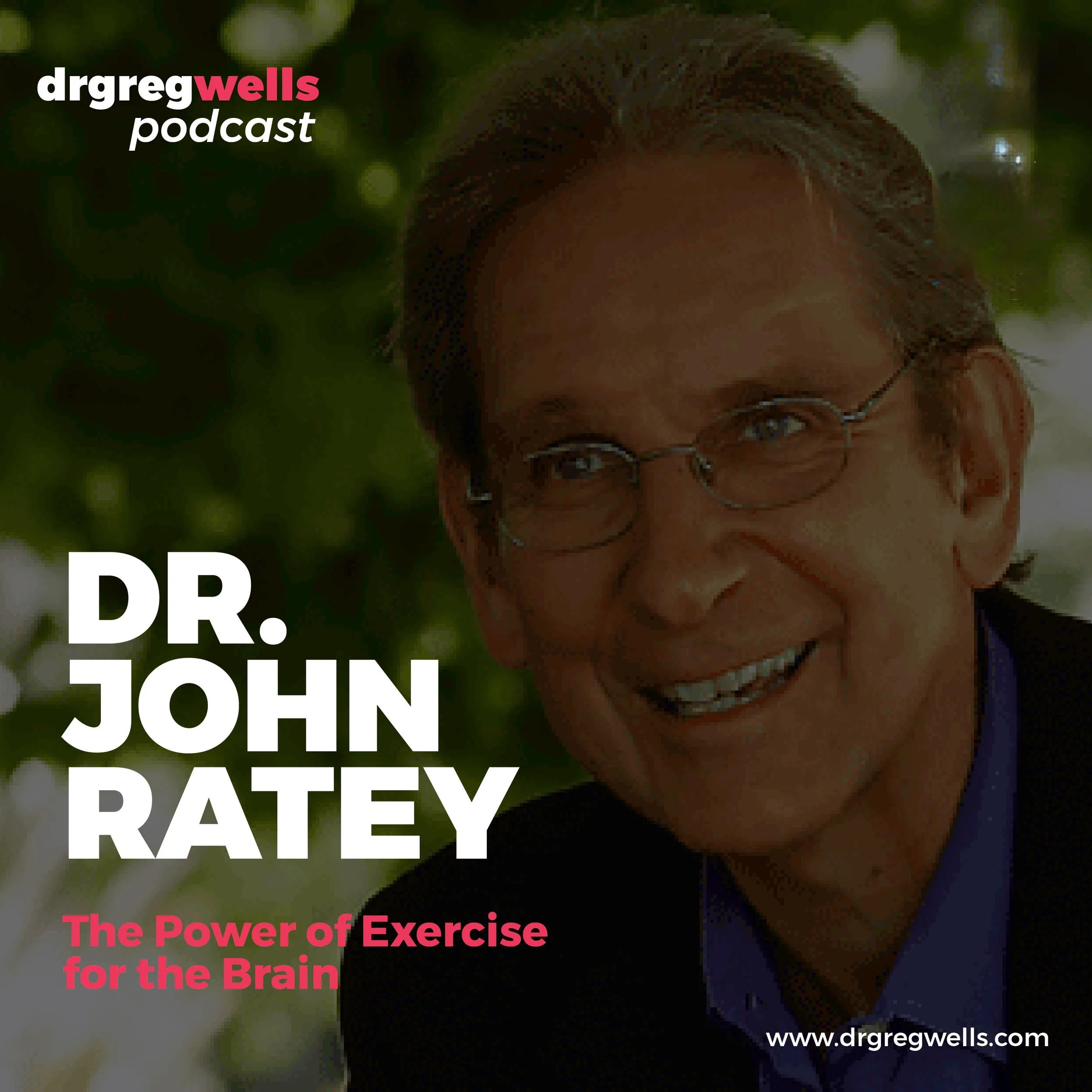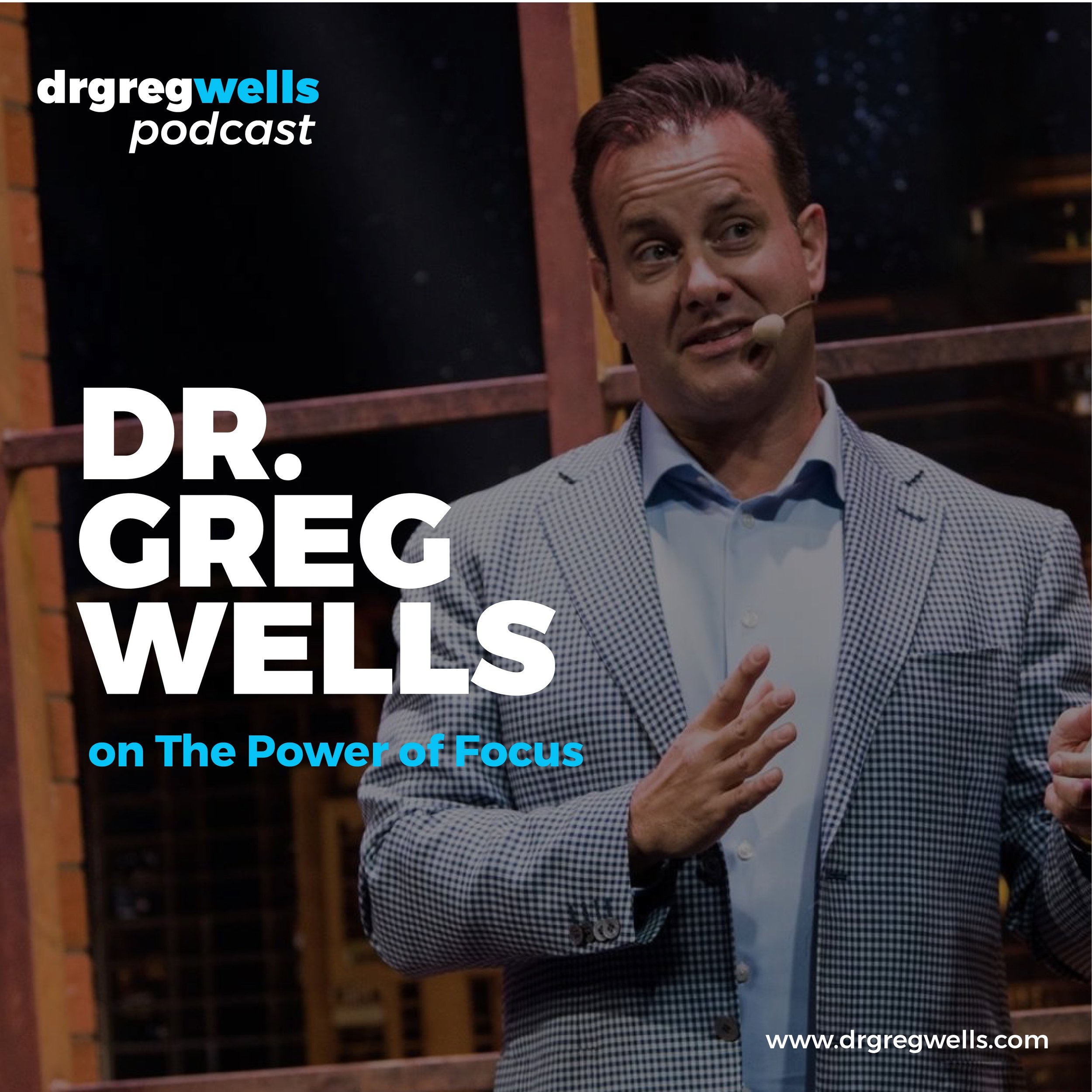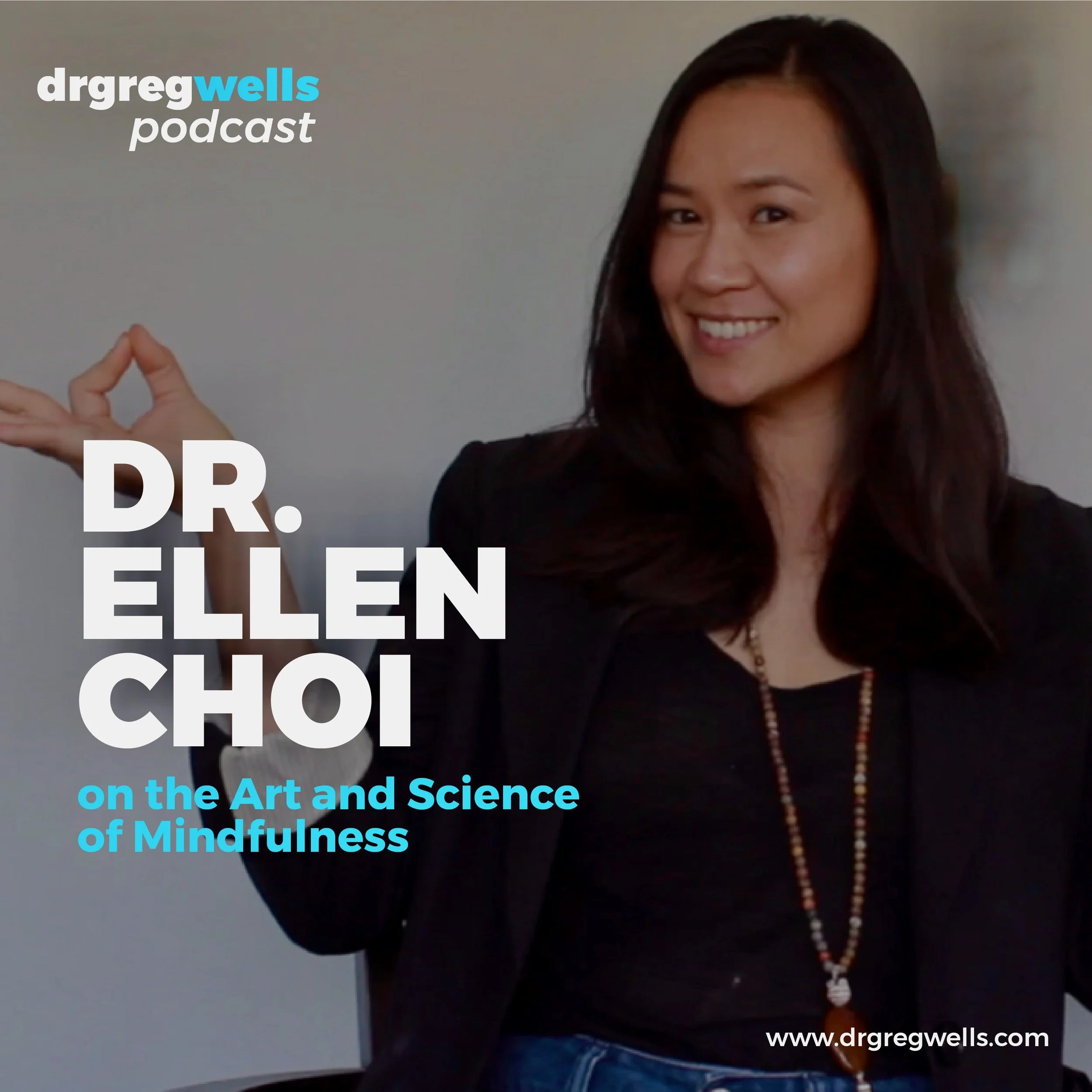
#28 - The Coping Crisis: Dr. Bill Howatt on Building Mental Health
In today’s conversation Bill Howatt explores how his own lived experience with dyslexia, ADHD, anxiety, and shame became the engine for a 30-year career in mental health — and why he now focuses on helping employers create psychologically safe, health-promoting workplaces. He and Dr. Wells map the crucial distinction between mental health and mental illness, walk through the “awareness → accountability → action” pathway, and show why coping skills must be trained like oral hygiene. They also unpack the role of managers, stress, and fast-brain autopilot in the current “coping crisis.” The through-line: mental health is trainable, but only if we make it intentional.

#26 - All about Spark - Your Brain on Exercise with Dr. John Ratay
In today’s conversation John Ratey explores the revolutionary science behind Spark — how movement changes brain chemistry in real time and why it should sit beside therapy and medication for depression, anxiety, ADHD, and even addiction. He tells the Naperville District story, where daily fitness flipped academic outcomes, then connects it to what we now know about BDNF, endocannabinoids, and neurogenesis. John and Dr. Wells go deep on stress reactivity, GABA, and why fitter people are harder to panic. They finish with a vision for a future where we move more, together, outside — because connection and nature amplify everything exercise does.

#22 - Dr. Greg Wells on The Power of Focus
In today’s presentation clip Dr. Greg Wells explores how to protect your attention in a world that’s engineered to steal it. He tells the story of climbing Chimborazo in Ecuador—with no cell service—and how immersion in nature, altitude, and risk forced him to focus on the only thing that mattered: getting safely off the mountain. Greg connects that moment to the science of distraction, the “compulsion loop” of our devices, and the sympathetic overactivation that kills problem-solving and creativity. Then he lays out practical focus practices—nature exposure, tech boundaries, single-tasking—that leaders, athletes, and parents can use today.

#5. How mindfulness Helps You Master Your Mind.
In this conversation, Dr. Ellen Choi joined Dr. Greg to explore the science of mindfulness and its impact on performance and wellbeing. Drawing from her research and personal journey, she explained how mindfulness training can transform error‑prone, reactive habits into compassionate, intentional responses.
